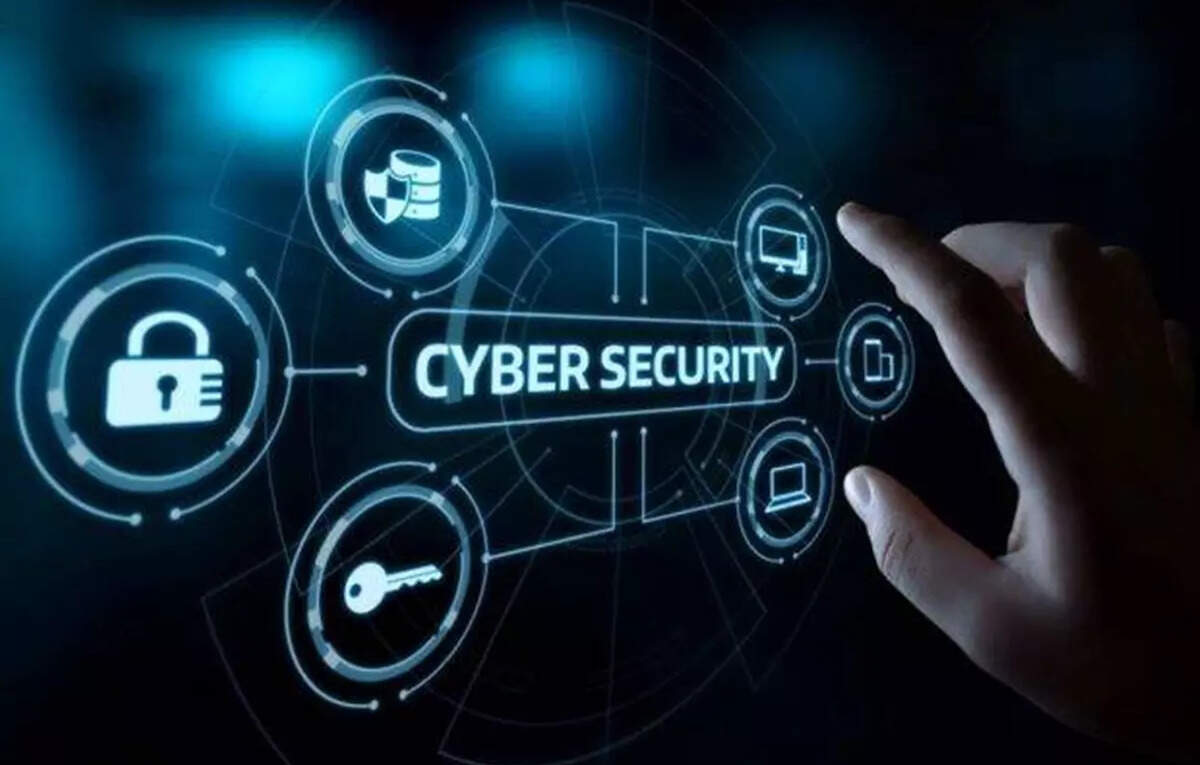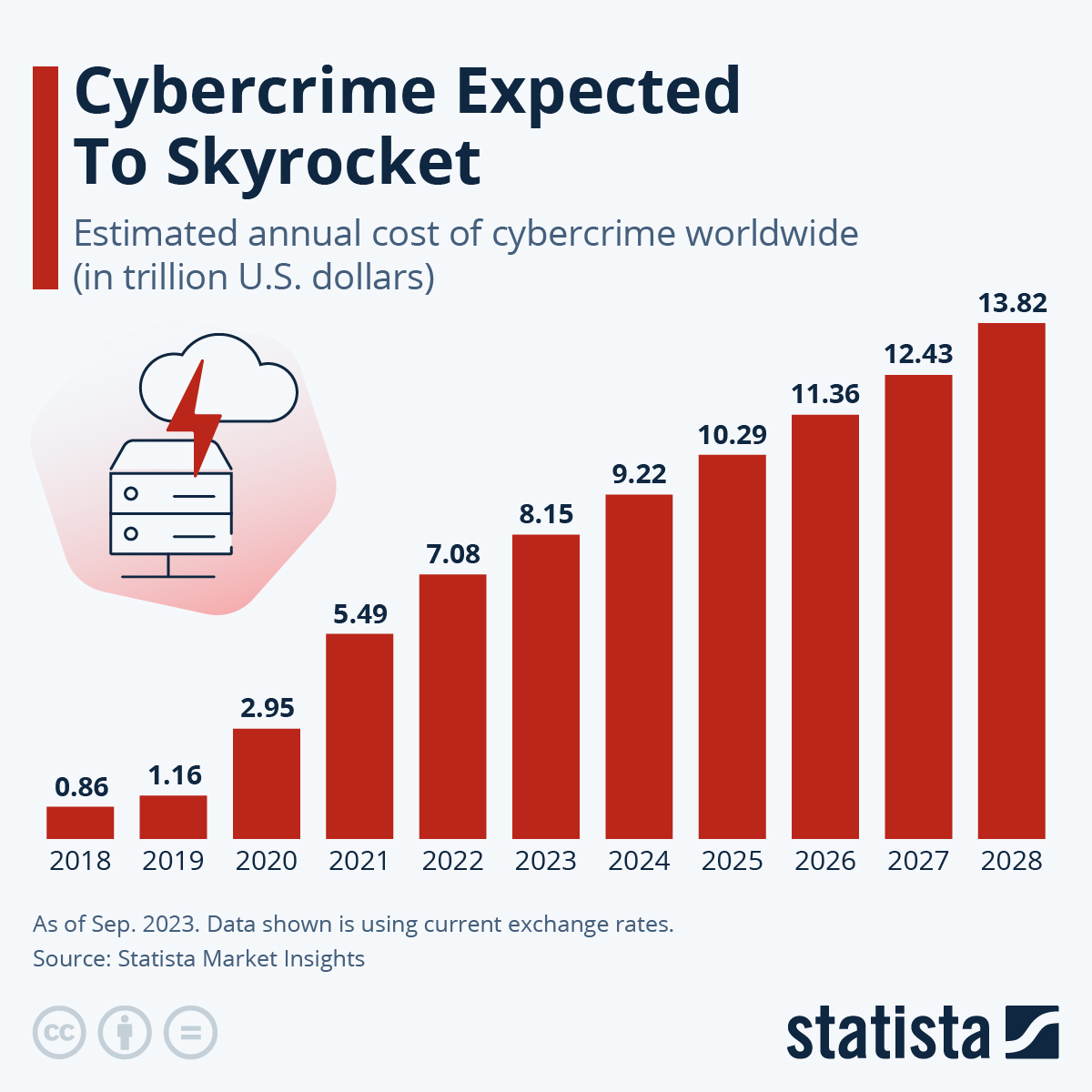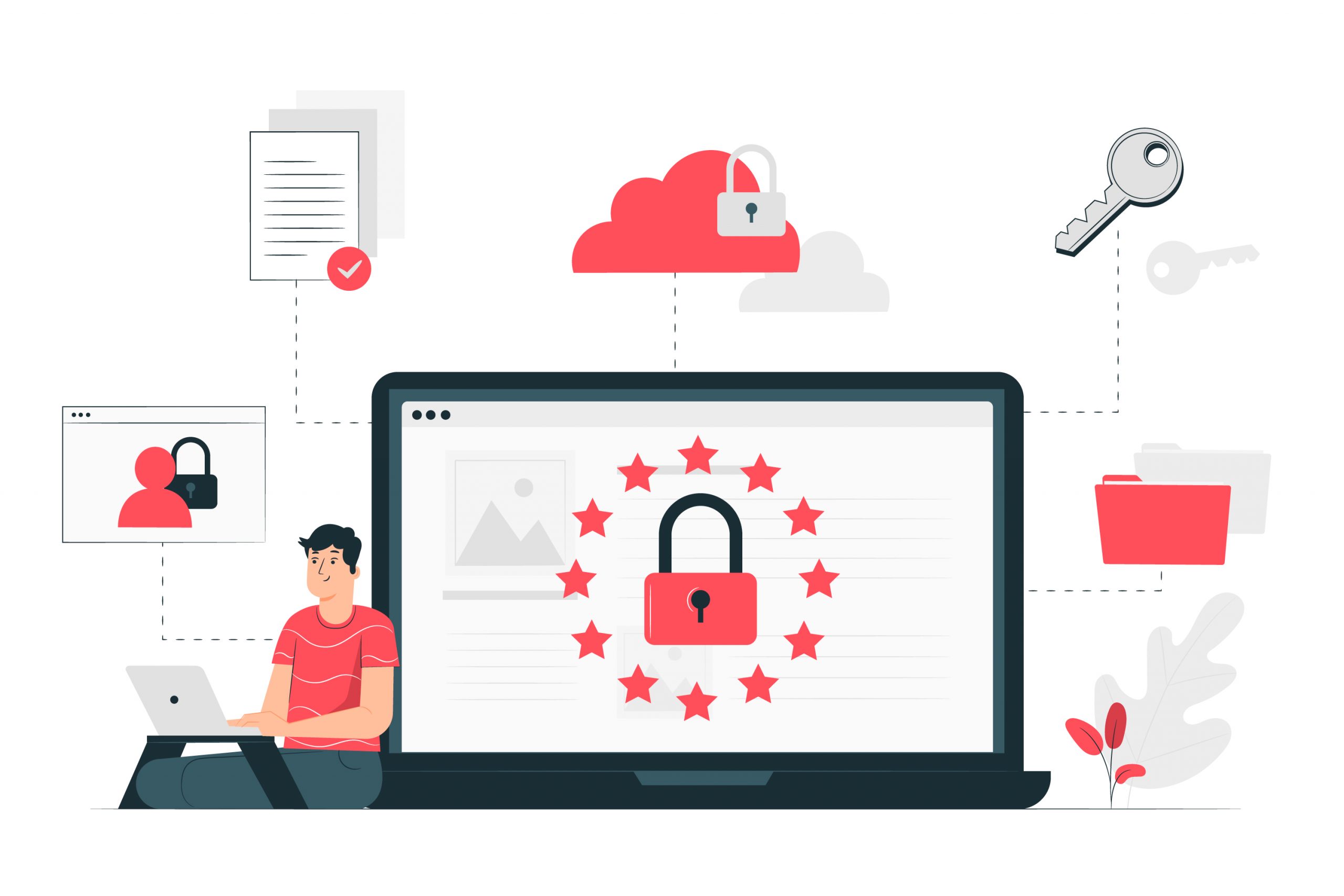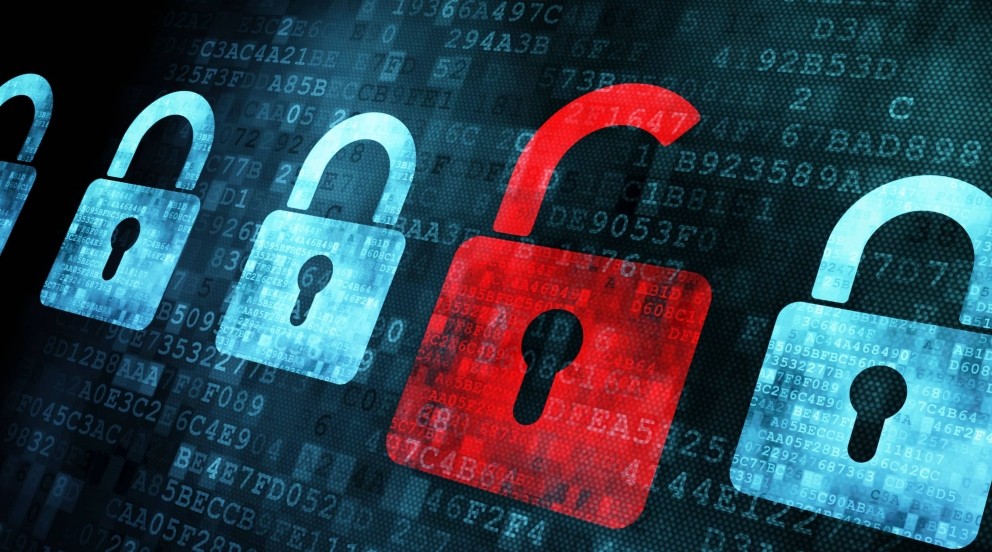Overview
The month of October annually hosts National Cyber Security Awareness Month (NCSAM), a dedicated campaign highlighting the critical importance of cybersecurity. Throughout this month-long initiative, individuals, organisations, and communities are urged to delve into the intricacies of cybersecurity risks, adopt safe online practices, and fortify their digital security measures.

The theme for NCSAM-23 succinctly encapsulates the essence of the campaign: “Be Aware, Stay Safe.” It serves as a rallying cry to heighten awareness and encourage proactive measures in the face of evolving cyber threats, emphasising the collective responsibility to foster a secure and resilient digital environment.
Now, let’s explore the core aspects of cybersecurity, analysing both the policies enacted by the Indian government and the observance of NCSAM-23 in India.
Introduction
As technologies intricately weave together, forming a web of digital interdependence, emphasising the significance of robust cybersecurity practices becomes paramount. The complex landscape of the Internet and the digital age requires extensive awareness and attention by navigators.
Recent statistics underscore the grim reality of the impact of cyber threats in our ever-evolving digital era.
According to IBM’s report, the average data breach cost surged to USD 4.45 million in 2023, reflecting a 15 per cent increase over the last three years. Of particular concern is the price of the ransomware-related violations, which averaged USD 5.13 million, excluding the ransom payment.
This figure rose significantly to an average of USD 1,542,333—an 89 per cent increase from the previous year. Projections indicate cyber attacks occurring every 11 seconds by 2023 and a potential global cost of USD 10.5 trillion per year by 2025.

These worrisome statistics accentuate the imperative for robust cybersecurity measures in our interconnected digital reality.
Fundamentals of Cyber Security
What is Cyber Security?
According to IBM, Cybersecurity refers to any technology, measure or practice for preventing cyberattacks or mitigating their impact.
Why Cyber Security?
Whether operating at the local, state, or central level, governments are guardians of extensive and sensitive data crucial for national well-being, encompassing geographical data, military-strategic assets and comprehensive citizen records. The adequate protection of such data is compulsory to ensure the nation’s security, sovereignty and the citizens’ trust and confidence.

In the business domain, businesses are repositories of significant volumes of data, ranging from proprietary information to sensitive customer and employee details. A cyber attack on a business can result in losing critical competitive assets, such as patents, and compromise private data, deteriorating public trust.
On an individual level, the widespread sharing of personal content, including photos and videos, on social networking sites poses inherent risks. Misusing such information can lead to extreme consequences, even endangering lives.
Common Types of Cyber Crime
- Phishing is a common trick used by cybercriminals. They create fake emails or websites that look real to fool people into sharing personal information or financial data.
- Malicious mobile apps can also be a problem. Some apps have harmful software that can take your data login details and even sign you up for expensive services without your knowledge.
- Malware is a harmful code that threat actors can put into an app, program, or system. It can infect your systems and do bad things.
- On social media, scammers use “bots” to fool people into sending money to accounts they control, like through online banking or UPI transfers.

How can you protect yourself from Cyber Crime?
According to the CERT-In’s “Cyber Security Awareness Booklet”, the following are the crucial ways to protect oneself from cyber crime.

- Keep Everything Updated
Ensure your computer, apps, and security software are regularly updated to benefit from the latest security improvements. - Stay Email Cautious
Exercise caution when dealing with emails—avoid opening messages from unknown senders or those that seem suspicious to avert cyber tricks. - Use Antivirus Protection
Safeguard your computer by installing and regularly updating antivirus and anti-malware software. - Think Before You Click
Exercise prudence with email links and attachments; abstain from clicking if anything appears dubious. - Secure Your Passwords
Strengthen your account security by creating strong, unique passwords, changing them regularly, and considering using Multi-Factor Authentication.
Initiatives by the Central Government for Cyber Security
The Indian Government has embarked on several initiatives to strengthen cybersecurity nationwide.
- Indian Computer Emergency Response Team (CERT-In)
CERT-In, the national agency dedicated to cybersecurity, has undergone significant advancements. Its proactive measures have played a crucial role in reducing the frequency of cyber attacks on government networks. - Cyber Surakshit Bharat
Launched by the Ministry of Electronics and Information Technology, Cyber Surakshit Bharat aligns with the government’s vision of a “digital India.” This initiative aims to fortify the cybersecurity ecosystem in the country. - National Critical Information Infrastructure Protection Center (NCIIPC)
NCIIPC, established by the central government, is committed to safeguarding critical information vital for national security, economic growth, and public health. - Appointment of Chief Information Security Officers
The government has proactively outlined guidelines for government organisations’ Chief Information Security Officers (CISOs). CISOs play a pivotal role in identifying and documenting security requirements associated with technological innovations. - The Digital Personal Data Protection Act of 2023 (DPDP)
On August 11, 2023, the Indian Central Government introduced the Digital Personal Data Protection Act. This law, inspired by the EU’s General Data Protection Regulation, defines personal data widely.
NCSAM-23 in India
In India, the observance of NCSAM-23 is marked by the active participation of critical entities in bolstering cybersecurity awareness.
The Indian Navy has dedicated October to this cause, conducting awareness lectures, webinars, cybersecurity quizzes, and hackathons for naval personnel and their families.
Simultaneously, CERT-In, the national cybersecurity response agency, provides daily National Cyber Security Tips on its official website, contributing to disseminating practical insights for individuals and organisations. Furthermore, CERT-In has released a “Cyber Security Awareness Booklet” tailored for Nagriks and Enterprises, providing a comprehensive guide to fostering a secure digital environment.
Complementing these efforts, MyGov is engaging citizens through a cybersecurity quiz to promote best practices in online security. These initiatives collectively reinforce the commitment to cybersecurity, empowering individuals and organisations with knowledge and tools to navigate the digital landscape safely.

Conclusion
In summation, the essence of National Cybersecurity Awareness Month (NCSAM-23) lies in stressing the paramount importance of cybersecurity with its rallying theme “Be Aware, Stay Safe.” In this digital epoch, amplified awareness becomes pivotal for individuals and organisations as they traverse the online landscape. The month-long campaign serves as a crucial reminder of the imperative to fortify cybersecurity efforts in the face of evolving threats. In a world dominated by digital interdependence, NCSAM-23 empowers users to enhance their digital resilience, encouraging a secure environment for all in cyberspace.











